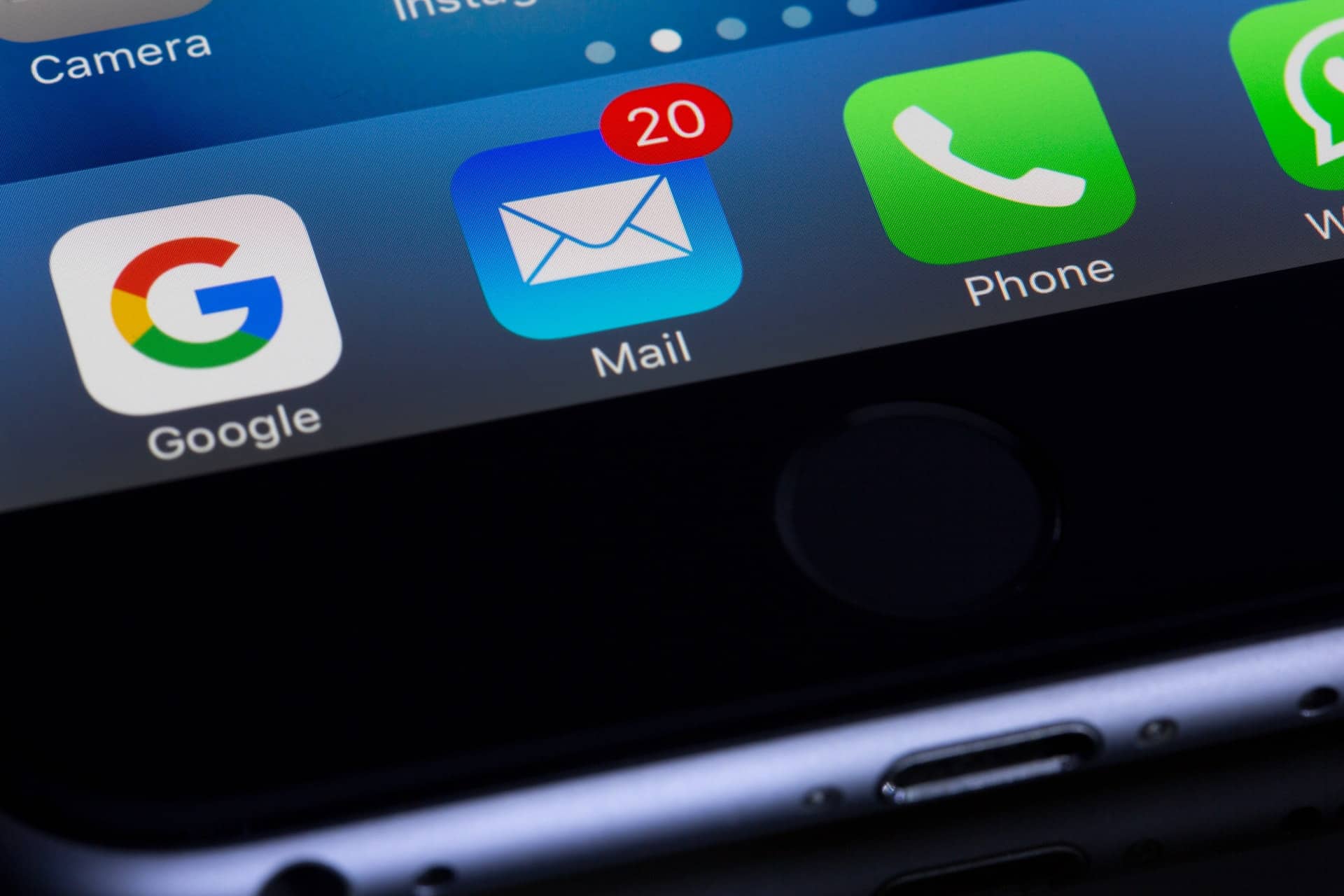HIPAA Violation: What You Need to Know
Health information is not always as private as you might believe. HIPAA violations can occur without your knowledge, putting your health at risk. These serious violations can result in fines, suspension of hospital privileges, including health plans, and criminal charges. We’ll go over HIPAA, what constitutes a HIPAA violation, and how to keep your health information safe. Read on to find out how to avoid this from happening to you.
What Is HIPAA
The Health Insurance Portability and Accountability Act of 1996 (HIPAA) ensured individuals’ health information privacy and security. The act establishes national standards for protecting electronic healthcare information and prevents healthcare fraud. It also requires covered entities, such as hospitals and doctors, to take steps to protect the confidentiality of protected health information.
HIPAA violations can happen without your knowledge. Only health care providers, their business associates, and the government can access protected health information. Individuals who knowingly obtain or disclose PHI in any manner not permitted by HIPAA may be subject to penalties for violations to criminal fines, and imprisonment for many years.
10 Most Common HIPAA Violations
There are several ways in which individuals can violate HIPAA. Some of the most common violation examples include:
- Unlawful disclosures of sensitive health information (PHI): This is when someone knowingly obtains or discloses protected health information in any manner not permitted by HIPAA. For example, sharing PHI with friends or family members, posting it on social media, or selling it to third-party companies.
- Unauthorized access to protected health information: This refers to accessing protected health information on another computer without proper authorization. For instance, accessing medical records of someone you do not know or shareseveralseveral your PHI with unauthorized individuals.
- Failure to record and log compliance efforts: This is when PHI is disposed of in a way that does not protect the individual’s privacy. For example, throwing protected health information into the trash can where others can easily access it.
- Failure to complete a risk assessment: By law, individuals must assess the safeguards needed to protect PHI. It includes what type of information needs to be protected and what steps need to be taken to remain private.
- Failure to manage threats to PHI’s confidentiality, integrity, and availability: This includes implementing safeguards to protect PHI from unauthorized access, alteration, or destruction.
- Failure to conduct risk analyses when appropriate to maintain PHI’s confidentiality, integrity, and accessibility: This often leads to HIPAA violations. It includes failure to properly password protect electronic PHI, including digital files, using unencrypted email to transmit PHI and unprotected health information on computers or networks.
- Inability to keep and monitor PHI access logs: This is a requirement of HIPAA. Access logs must be kept for six years and include the individual’s name, who accessed PHI, what information was accessed, and when it was accessed.
- Failure to enter into a HIPAA-compliant business associate agreement with vendors before providing PHI access: Under HIPAA, all covered entities who handle PHI must have a business associate agreement in place. This document spells out the terms and conditions of how protected health information will be shared between the parties involved.
- Failure to give copies of PHI to patients upon request Failure to set access controls to limit who can view PHI: This allows individuals only to view the specific information they are authorized to see.
- Failure to terminate PHI access rights when they are no longer needed: This includes former employees, students, volunteers, and other individuals who have had access to protected health information.
What You Can Do to Protect Your Health Information
There are a number of things you can do to protect your health information and avoid HIPAA violations. Some of the most important include:
Keep Your Personal Health Information (PHI) Confidential
Avoid disclosure of PHI to anyone who is not authorized to receive it. Do not, for example, share your private health information with friends or family members who are not involved in your healthcare.
Make Sure Your Healthcare Providers Are HIPAA Compliant
Only give PHI to individuals who need it for their work. Ask what they plan to do with the information and if you agree, then share the data. For instance, if you have surgery, your doctor will need to know about all of your allergies.
Always Read Any Agreements Before Allowing Third Party Access to Your Health Records
Ensure you have read and understood the business associate agreement before granting third-party access to patient records. This document specifies the terms and conditions under which PHI may be used and the privacy safeguards that will be in place. Before any of a patient’s PHI can be disclosed to a third party for a purpose other than those expressly permitted by the HIPAA Privacy Rule, the patient must sign an authorization form.
Use a Secure Email System
When emailing PHI, use a secure email system to protect the information from unauthorized individuals. For example, the PHI should be encrypted and protected by a password.
Report Any Data Breaches
If you become aware of security breaches, report them to the Department of Health and Human Services (HHS) immediately. For instance, if your health information is stolen from your doctor’s office, you should report the incident to HHS.
Review Your Notice of Privacy Practices
You should review and understand what PHI is included in the notice of privacy practice to know that you cannot share information without authorization. For example, a doctor’s office may consist of your Social Security number in the notice of privacy practices.
By taking these steps, you can help protect the privacy of patients’ health information and avoid HIPAA violations. HIPAA violations can happen without your knowledge, but you can take steps to protect yourself.
By keeping personal health information confidential and sharing only what is needed, individuals can keep their health information safe and avoid HIPAA violations. This can be avoided through proper employee training and enforcement by a compliance officer or other staff member.
The Consequences of Violating HIPAA
Potential violations of HIPAA can face a number of consequences, including violation fines and imprisonment. Fines for violating HIPAA are with a minimum of $50,000 per violation, with a maximum of $250,000 per year for violations of the same provision.
Healthcare Employees who have access to health information who violate HIPAA may also be subject to civil penalties and imprisonment. For instance, a person who knowingly obtains or discloses protected health information without proper authorization or consent form could face imprisonment of up to one year.
In addition, all HIPAA violations have civil consequences as well. Individuals can be sued by the U.S Department of Health and Human Services (HHS) for breaching health information or disclosing it in violation of HIPAA. In addition, they can be sued by the person whose protected health information has been disclosed or breached.
The consequences of HIPAA violations are serious and should not be taken lightly.
Why Do We Need to Know About HIPAA Violations?
HIPAA violations occur every year and can have serious consequences. For example, what you do with your health information could affect the rest of your life if it is exposed in a data breach or shared without authorization. Also, what we share about our healthcare may impact others’ lives when they need to find a doctor who can treat them. By taking steps to protect your health information, you can avoid what may be a costly mistake that could follow you for the rest of your life.
Individuals need to be aware of HIPAA violations to protect their health information. By understanding the different ways to violate HIPAA, individuals can take steps to ensure their PHI remains confidential. Knowing what to do if a data breach occurs will help limit the damage if unauthorized access to PHI occurs. You should only share PHI with those who need to know, and all individuals need to understand what constitutes HIPAA violations.
Wheelhouse IT Managed Service Provider Offers HIPAA Compliant Solutions
Healthcare IT is a complex and ever-changing field. The regulations and compliance requirements can be overwhelming for even the most seasoned health care professional.
Wheelhouse IT Managed Service Provider offers HIPAA compliant cloud hosting, disaster recovery, managed backup solutions to help your organization comply with HIPAA guidelines while saving you time and money. We also offer HIPAA compliance training and internal audits to businesses like yours. We know how confusing it can be to find out what’s required of you by law, so we have created this website as an easy reference guide to all things HIPAA-related.
Our services are designed specifically for the Healthcare Industry, which means our team has worked directly with clients in your position before. Hence, we understand exactly what additional layer of support you need when it comes to security compliance issues like these. We offer a variety of different packages that will fit any budget or needs ranging from complete end-to-end management, including hardware installation/configuration, software installation/configuration, network setup/troubleshooting & monitoring, to remote 24/7 support and access to our secure HIPAA compliant cloud hosting platform.
If you are looking for a hassle-free, worry-free way to keep your healthcare data safe and compliant, please do not hesitate to contact us today. We would be more than happy to discuss our HIPAA-compliant hosting solutions with you in more detail and answer any questions you may have.
Please feel free to browse our website or contact us directly today at (877) 771-2384 to find out how we can help your medical practice, hospital, clinic, laboratory, dentist office, or other healthcare facility meet HIPAA requirements quickly and easily at a price that fits your budget.
We look forward to working with you to make your medical practice or organization HIPAA compliant, and you can be sure that because we are committed to helping healthcare and other medical facilities like yours meet their compliance requirements, we will do everything in our power to keep your data safe.











